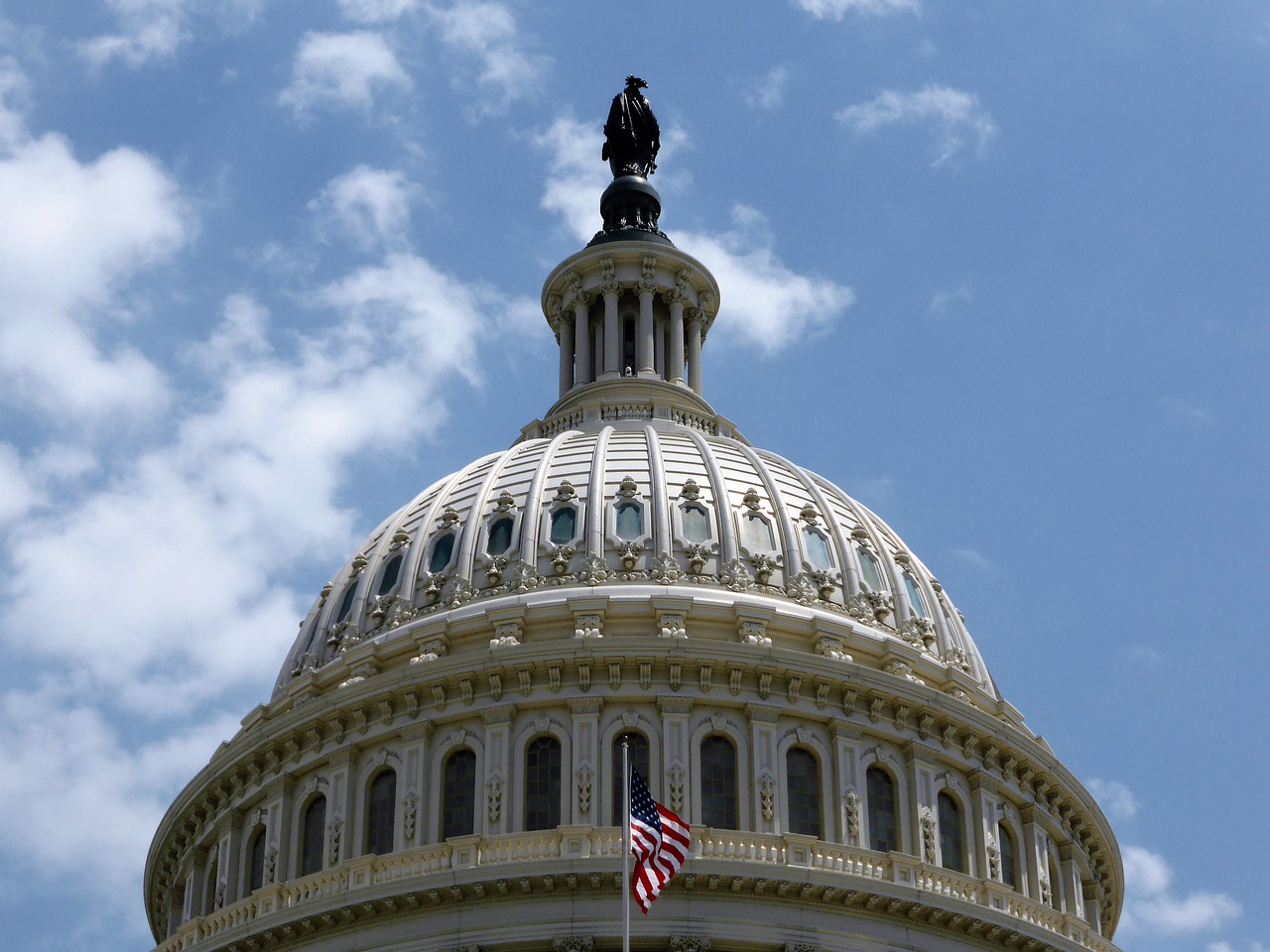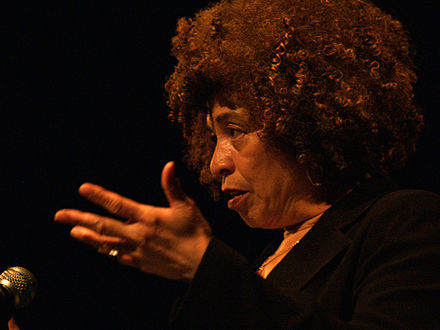Americans Still Convinced in the ‘Public Good’ of Higher Education
In today’s political climate, conversations about college include their affordability and how much schools can help students find work after graduation. Oftentimes, contributions to the general common good isn’t discussed as much when it comes to higher education. Part of the reason could be a result of the increasing costs of an education, which might be why people don’t invest much time thinking about the “public good” of institutions, Inside HigherEd said.
A new study at Columbia University, however, found that the majority of Americans still believe in and support the government funding of colleges and universities, as they can play large roles in ensuring a good return on investment and securing a career.
Noah Drezner, the lead author of the study and associate professor at Columbia’s Teacher’s College, helped to gauge the opinions of about 3,000 adults on whether public spending was a good investment. He said he wanted to create a survey that analyzed “Americans’ understanding of the various ways that colleges and universities contribute to society, beyond the return to individuals.”

“Three-quarters of respondents said public funding of higher education was either an excellent (44 percent) or good (32 percent) investment (17 percent said fair, 7 percent not good). Responses of excellent were likelier from women than men (48 to 39 percent), respondents who were black and Latinx (52 and 49 percent) than white and Asian-American (41 percent), under 45 (48 percent) than older (39-40 percent), and urban (52 percent) than rural (44 percent) respondents,” Inside HigherEd explained.
It’s an interesting find that most Americans still have faith in higher education, but not particularly too surprising. It almost goes without saying that there are significant advantages that come with a college degree than without one. According to USA Today, for instance, college grads made 56% more than than high school grads in 2015. Not only that, but the average income for “non-college grads” actually decreased by 3%.
Nonetheless, most people in the survey agree that colleges have higher contributions that benefit society. The chart below used data found in the Colombia University study to gauge the opinion of the extent of the “scientific advances that benefit American society,” Drezner described.

Find out more by reading the survey in Columbia University’s Teacher College study titled, “Americans’ Views of Higher Education as a Public and Private Good.“




